Plant-based meat alternatives, edible food tape and new takes on coffee are among the best food inventions of 2022, according to Time Magazine. The publication’s annual Best Inventions list spotlights 200 products and ideas introduced in the past year, including nine food and beverage items from both new and established companies.
Time Magazine solicited nominations from its editors and correspondents, and through an online application, it evaluated contenders on originality, efficacy, ambition and impact. This year’s list points to inventions in categories such as consumer electronics, artificial intelligence, green energy, medical care, the metaverse and more. But here are the best food inventions of 2022.
Related: Here are the Food Companies that Made TIME’s Best 100 Inventions of 2021 List
Beyond Steak
Although Beyond Steak only began hitting retail stores last month, it has already gained accolades from Time, landing on the top of its best food inventions list. The new vegan meat comes in a seared tips (or pieces) format and replicates the fibrous texture of its conventional counterpart using fava bean and wheat gluten. Time pointed to its high-protein and cholesterol-free claims as key benefits.
Seared and chopped into bite-size pieces, the frozen product may be prepared in a skillet or air fryer for a meat-free spin on fajitas, stir fries, sandwiches, salads and more. Beyond Meat CEO Ethan Brown told Time Magazine that the product is “a first foray” toward whole-cut steak. “We finally got to the right product, but it wasn’t easy to do.”
Cometeer
Cometeer offers frozen coffee “pucks” that users melt in hot water to create warm or cold coffee beverages at home. The Massachusetts-based startup partnered with chemists and coffee experts to design a proprietary brewing system that allows for more control over certain elements of the brewing process, including water chemistry and extraction yields. The result is a “10x strength brew” that is flash-frozen in liquid nitrogen to lock in flavor and aroma and packaged in recyclable capsules.
Kara Pure
Reinvented water cooler Kara Pure transforms the standard air in users’ homes into an antioxidant-alkaline water with a pH of 9.2+. Rather than taking water from groundwater or taps, the machine pulls the air and removes its impurities. Then it infuses the water with seven natural minerals — calcium, magnesium, lithium, zinc, selenium, strontium and metasilicic acid — for an elevated water-drinking experience.
Meati Crispy Cutlet and Chicken Cutlet
Meati Foods, a plant-based meat maker based in Colorado, introduced a line of crispy and classic cutlets this spring. The whole-cut chicken alternatives are 95 percent mycelium, the vegetative part of fungus consisting of branching, thread-like fibers. The high-fiber and low-fat cutlets may be pan seared, baked or grilled like animal meat. The Time Magazine-approved brand also closed a $150 million series C funding round in the summer.
UNOX SPEED-X
UNOX, the technology-driven manufacturer of commercial ovens, unveiled the SPEED-X, which combines the speed of the air, the gentleness of the steam and the power of microwaves to cook a variety of foods in record time. For example, a toasted ham and cheese sandwich is ready in 75 seconds, a sea bass filet is fully cooked in just 90 seconds and a chicken can be cooked in seven minutes. The self-cleaning SPEED-X was designed for use in environments where the speed of service is paramount, including quick service restaurants (QSRs).
Tastee Tape
Tastee Tape offers edible tape for wraps, burritos, gyros and other foldable food concoctions. The tape was created by four Johns Hopkins students for their senior product design course. They tried dozens upon dozens of recipes to get the perfect edible tape, finally landing on a food-safe, fibrous edible scaffold with an organic adhesive. The simple yet effective product launched its inventors into a media storm and landed it on the best food inventions list.
Atomo Coffee
Seattle-based Atomo Coffee is reverse engineering coffee using upcycled ingredients. The startup introduced a line of cold brew coffee alternatives that are bean-free and feature date seeds, chicory and other upcycled ingredients. The products are nearly identical to coffee on a molecular level but have a much smaller environmental impact, requiring 94 percent less water and producing 93 percent less greenhouse gas emissions.
MyForest Foods MyBacon
Much like Meati Foods, MyForest Foods also uses mycelium to replicate meat. The company offers a whole-cut bacon alternative that is nearly 100 percent mushroom root. Its whole-cut approach to plant-based foods is enabled by the proprietary AirMycelium cultivation method, which offers control over the mycelium’s shape and density as it grows.
Atarraya Inc.
Atarraya Inc.’s sustainability credentials earned it a spot on this year’s best food inventions list. The Indiana-based company grows shrimp in shipping containers, leveraging artificial intelligence (AI) to monitor the crustaceans’ food and water quality. The containers circumvent the negative environmental impacts of wild shrimp farming, which harms other wildlife. Atarraya’s shrimp boxes can produce 1.5 tons of fresh shrimp annually and are expected to be commercially available next year.

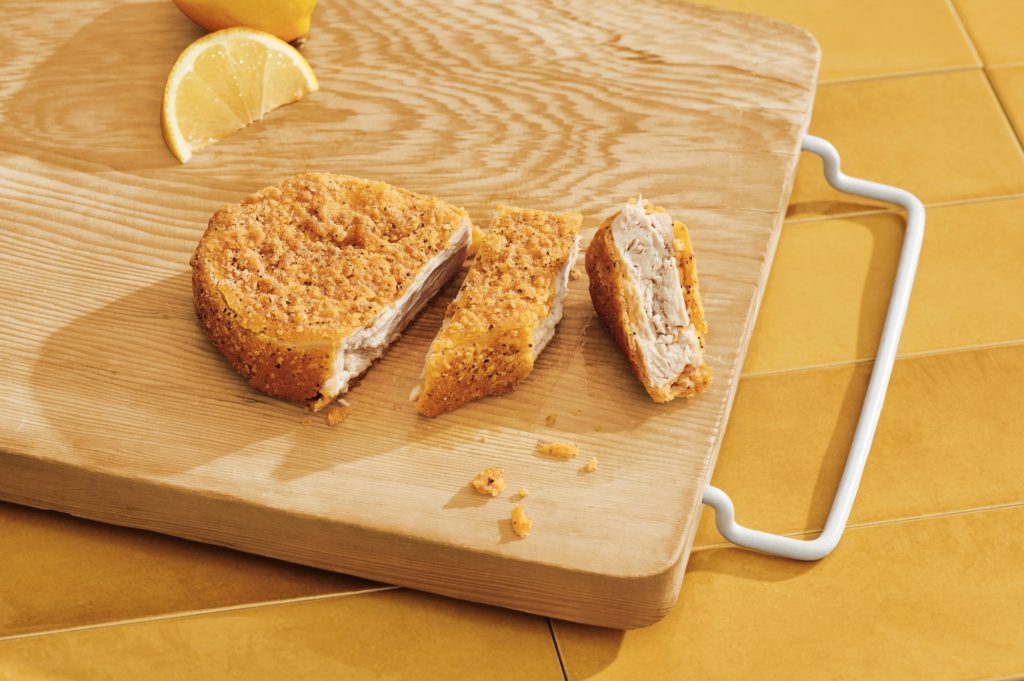
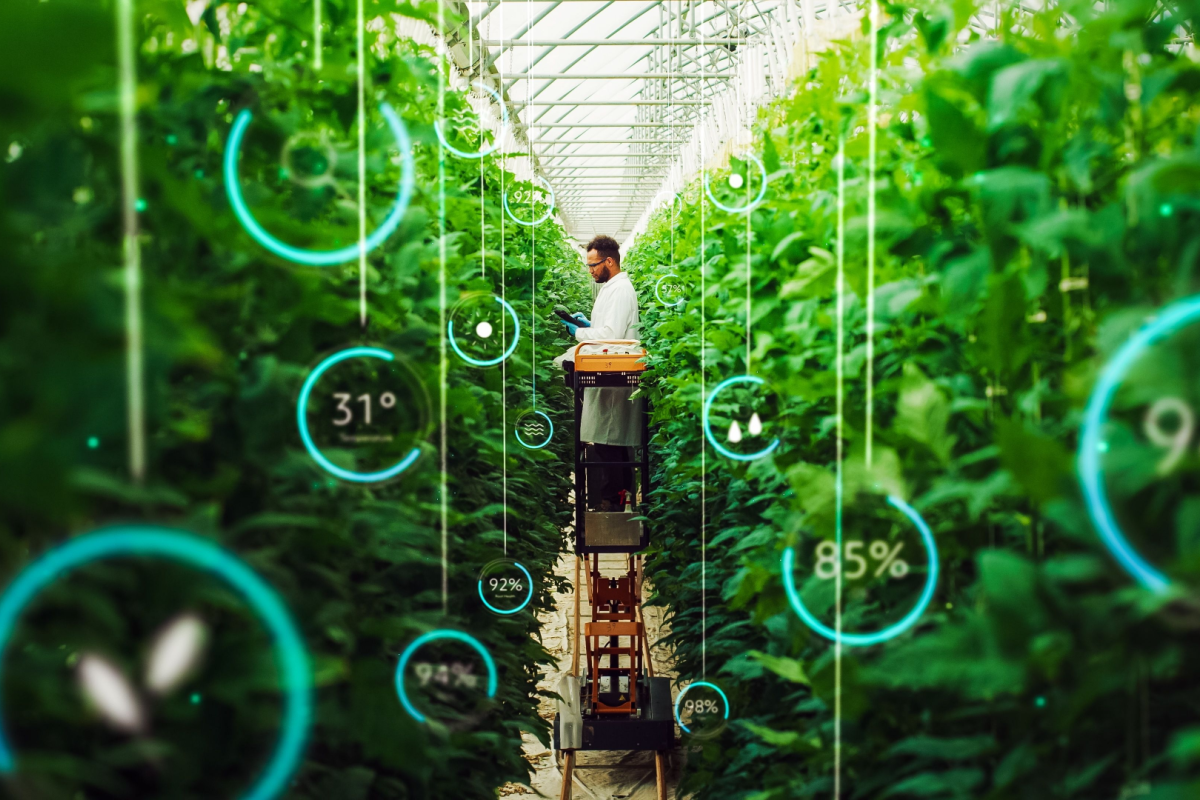

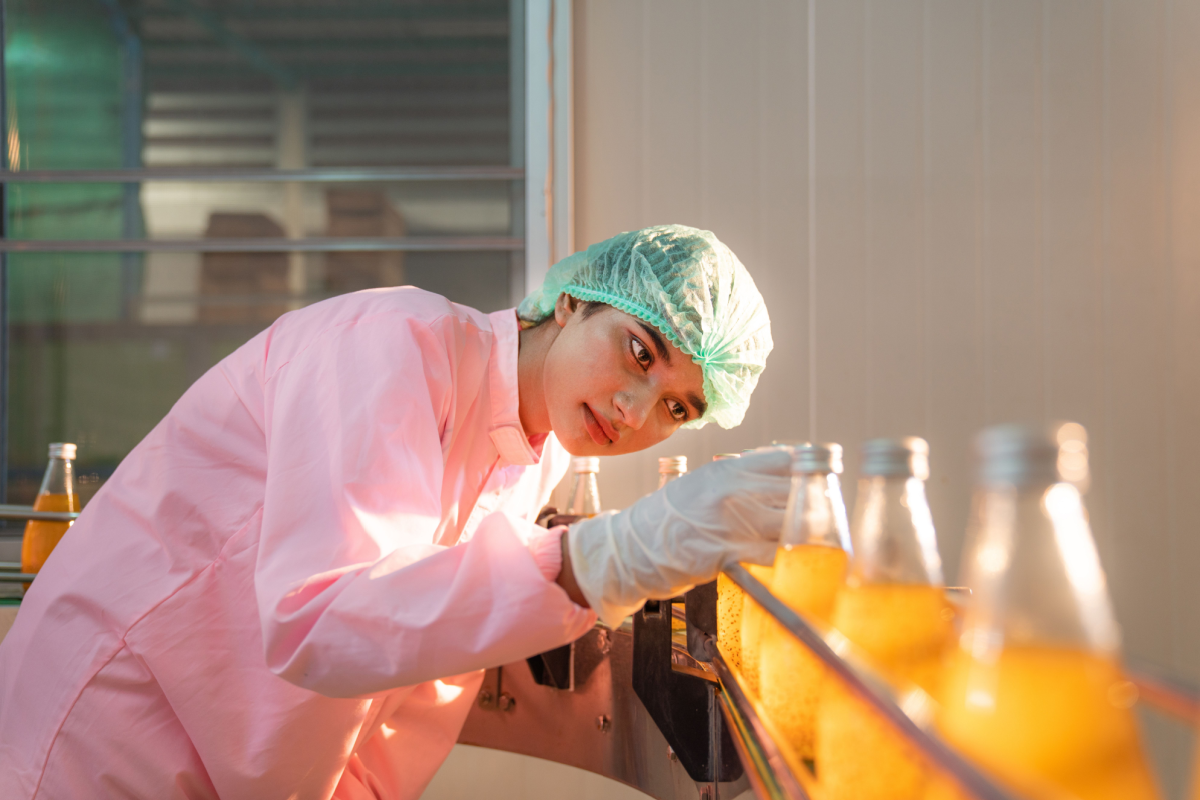
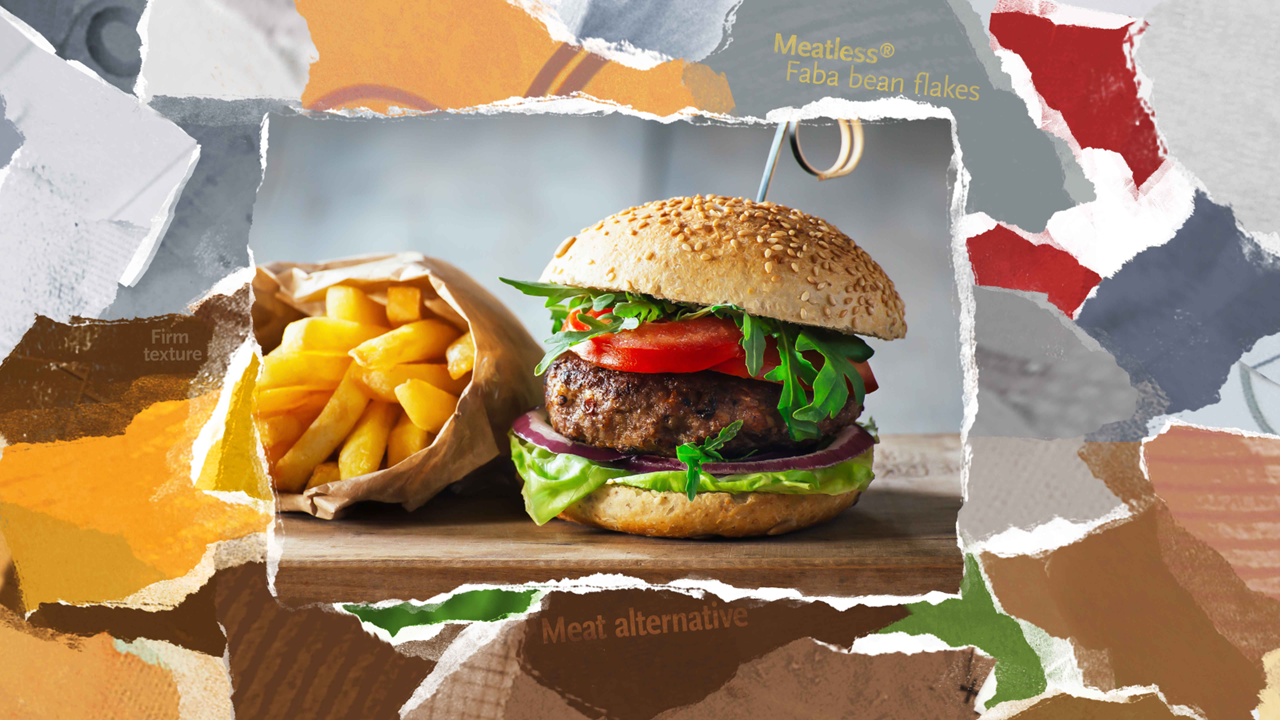
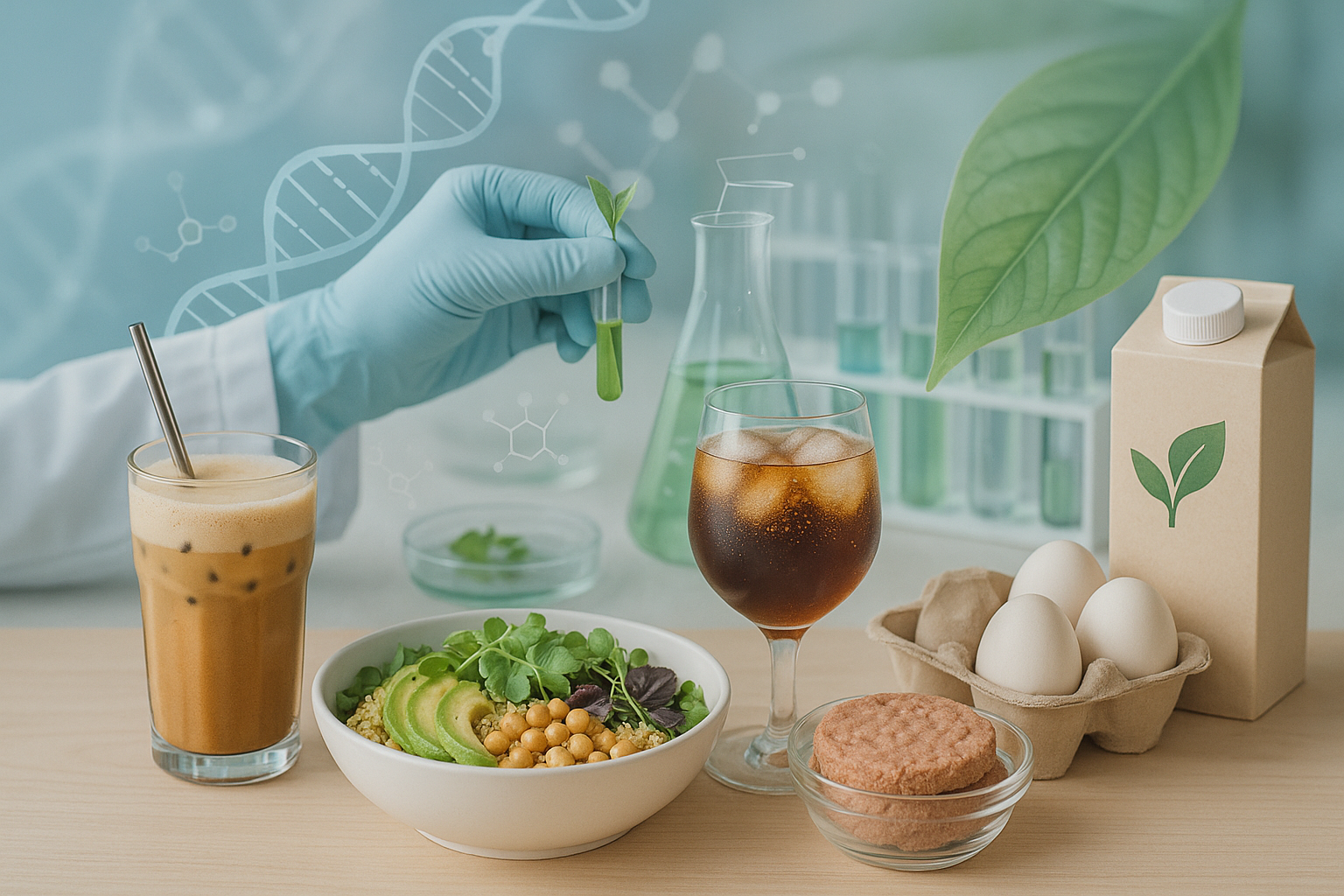





Join or login to leave a comment
JOIN LOGIN